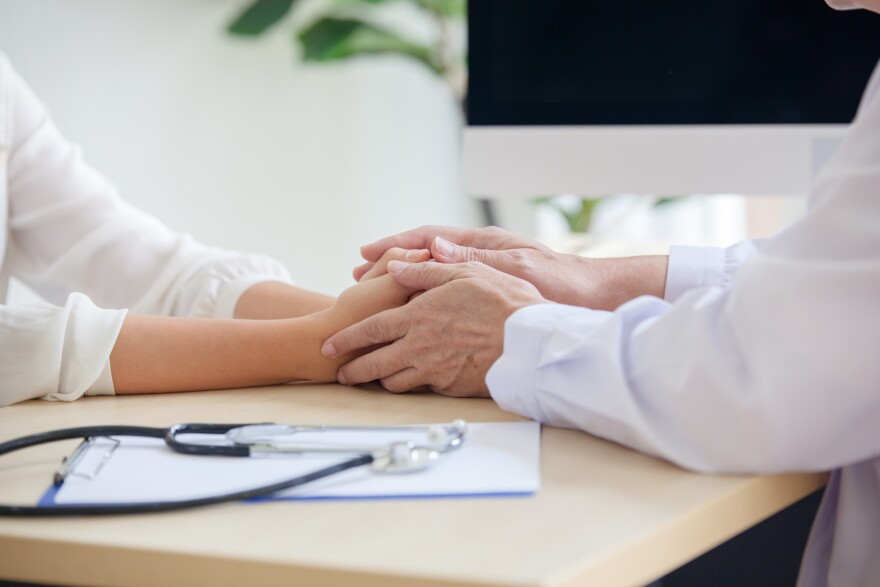Pam Rotsky has made helping others a priority, especially when choosing careers.
“I always need a mission-driven job,” she said. “That's who I am.”
When she saw the job posting this summer for an Abortion Care Navigator at Planned Parenthood, she had to apply.
It's been almost six months since the U.S. Supreme Court overturned Roe v. Wade. The decision created a state of panic for many people across the nation, especially among those seeking care in abortion-banned states or those with limited access.

In states like New York, where the procedure is still legal, an influx of out-of-state patients are expected. Like other regional service providers, the Planned Parenthood of Central and Western New York created this navigator position to help those patients.
“I probably never imagined in my lifetime this was going to be an issue again,” Rotsky said. “But it is, and I felt like I needed to get back to the work.”
The increase of out-of-state patients since the overturn has been significant. Last year, the regional Planned Parenthood says they had 56 out-of-state abortion patients from July through November. In the same time period this year, the number is at 161.
The navigator helps those patients work out logistics. Like, how to pay for the procedure, or even find transportation and a place to stay. Rotsky says she helps patients who are uninsured or underinsured get the proper grant funding for some of this.
“Patients will then breathe a sigh of relief,” she said. “It can be an emotional enough time, so to not have to worry about finances is just so huge.”
Rotsky said she speaks with two to five out-of-state patients a day. Most of them come from Pennsylvania or Ohio. Although abortions aren’t banned in either state, access is limited.
“Makes me feel a little blue sometimes, when I see patients who are already going through a lot now have to go through even more to get the care that they need,” Rotsky said, choking up.
Michelle Casey, CEO and president of the Central and Western New York Planned Parenthood, said the Roe v. Wade overturning caused a ripple effect in the healthcare industry that wasn’t just limited to abortion care.
“We've seen a big increase in people coming from out of state for abortion care, but also some other types of care,” Casey said. She added that people are possibly getting pushed out of appointment slots in their respective states and will seek the service elsewhere.
To accommodate more patients, Casey said Planned Parenthood CWNY is planning to employ more staff and shift more appointments to telehealth visits.
“We're trying a bunch of different things to really help the most people that we can,” Casey said.



